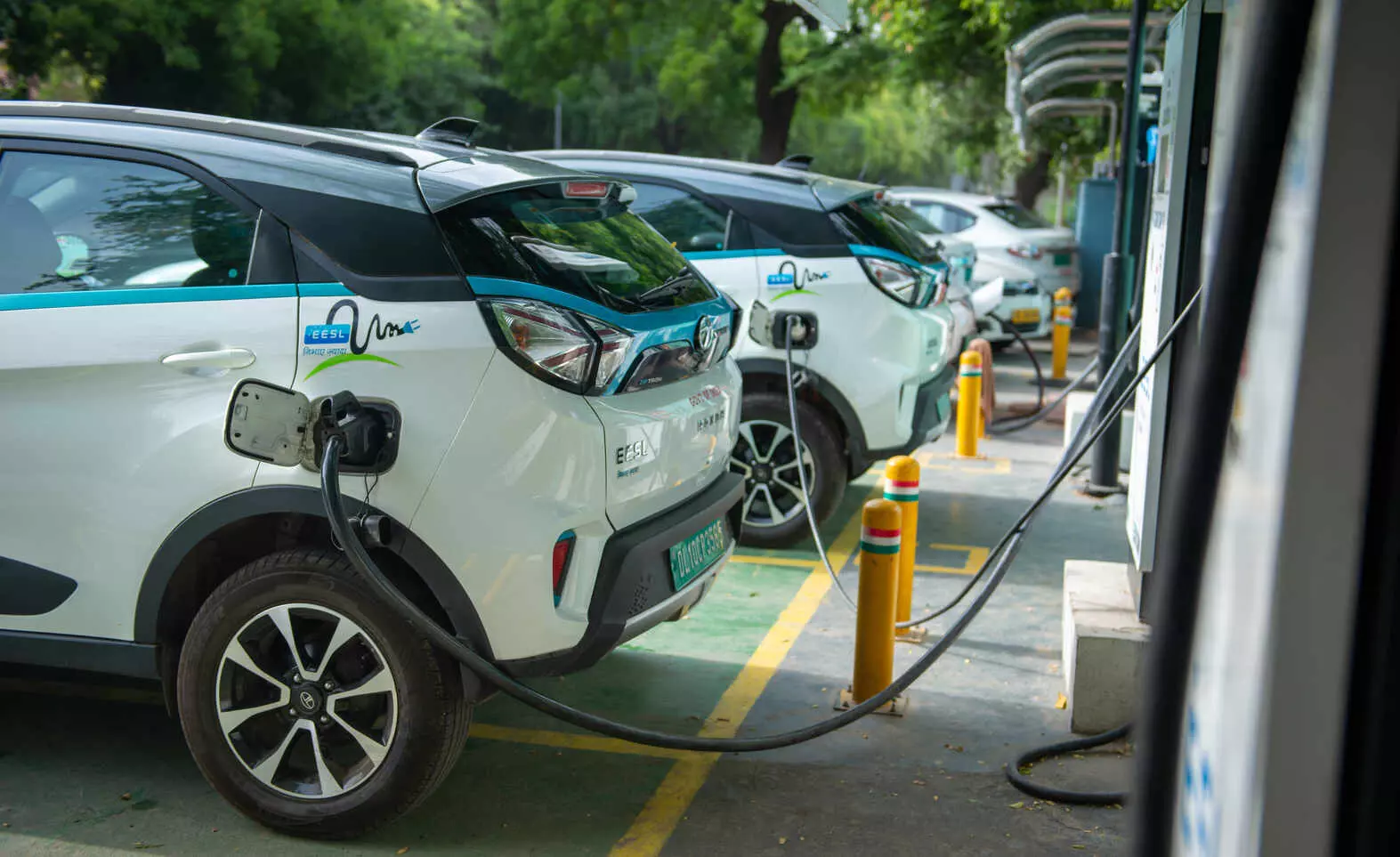Hyderabad: EV rentals hiring unlicensed drivers, flouting approval rules
Several compliance issues have been identified with these EV rental companies.
By Anoushka Caroline Williams
Representational Image.
Hyderabad: The deployment of electric scooters by EV rental companies has seen a rise in non-compliance with the Central Motor Vehicle Rules (CMVR).
Despite the issuance of the GSR 291 (E) notification on April 24, 2014, and subsequent advisories, violations by two-wheeler OEMs and EV rental companies continue unabated.
The article explores the scope of these violations and their implications.
Background
In October 2022, the Department of Transport and the Transport Commissioners of all States/UTs issued an advisory to address these compliance issues. However, six months on, there has been little to no enforcement by the respective Regional Transport Offices (RTOs).
EV rental startups such as ZYPP Electric, EVEEZ, Scoot, and Eagle (Shema Electric) are now contributing to the problem across major metro cities in India.
Compliance issues
Several compliance issues have been identified with these EV rental companies:
1. Lack of Type Approval Certificates (TAC): Many of these e-scooters either lack a TAC or have tampered with their certificates.
2. Unregistered Vehicles: These scooters are not registered with RTOs and do not have registered number plates.
3. Tampered Odometers: Odometers have been manipulated to display speeds under 25 km/h, while actual speeds range between 40-55 km/h.
4. No Driving License Requirement: Delivery executives using these e-scooters are not required to furnish a driving license or wear helmets.
5. Excess Motor Power: The motor power of these e-scooters exceeds the prescribed upper limit of 250 W, often being above 500 W.
6. Overweight Scooters: These scooters weigh above 60 kg and lack the necessary safety features.
Hiring gig workers without driving licenses
EV rental companies have partnered with food commerce, quick commerce and logistics companies such as Swiggy, Zomato, Dunzo, Big Basket, Zepto, Blinkit, Shadowfax, Porter, Licious, Amazon and Flipkart.
These partnerships facilitate the onboarding of gig workers without requiring driving licenses, exacerbating the safety and compliance issues.
Rush to grow indicative of increasing violations
EV experts suggest that the primary reason for these violations is the rush to scale operations rapidly and cut costs. An industry expert, speaking on the condition of anonymity, said, “The pressure to provide cost-effective delivery solutions has led to shortcuts in compliance and safety.”
Another expert, Dr S Narayanan from the Indian Institute of Technology (IIT), remarked, “The regulatory framework has not kept pace with the rapid growth of the EV rental market, leading to significant oversight issues.”
Safety concerns
“The non-compliance not only endangers the lives of gig workers but also poses risks to pedestrians and other drivers. These gig workers, often unaware of the safety risks, are exposed to occupational hazards. The lack of enforcement of driving licenses and safety measures further aggravates the situation,” said Shaik Salauddin, founder of the Telangana Gig and Platform workers union.
Government’s role
“While the government has been supportive of the faster adoption of electric vehicles, this growth must not come at the expense of legal compliance and safety. The regulatory authorities need to bridge the information gap and enforce stricter compliance measures to ensure the safety and sustainability of electric vehicles,” Salauddin added.
“The blatant non-compliance with CMVR norms by EV rental companies and their OEM partners highlights the urgent need for regulatory intervention. Ensuring the safety of gig workers and the public should be a priority, requiring immediate and stringent actions from the concerned authorities. Only through such measures can electric vehicles be projected as a safe and sustainable option for commuters,” concluded Salauddin.